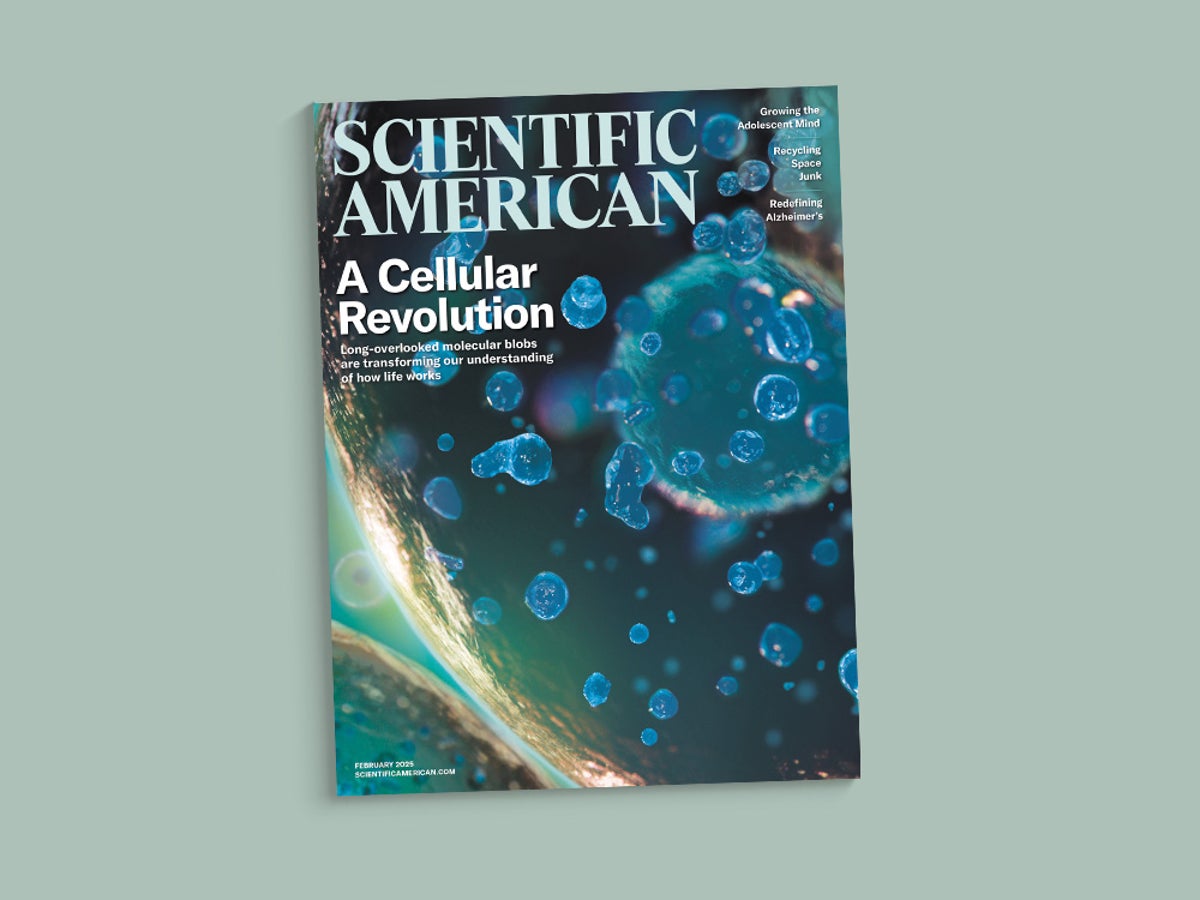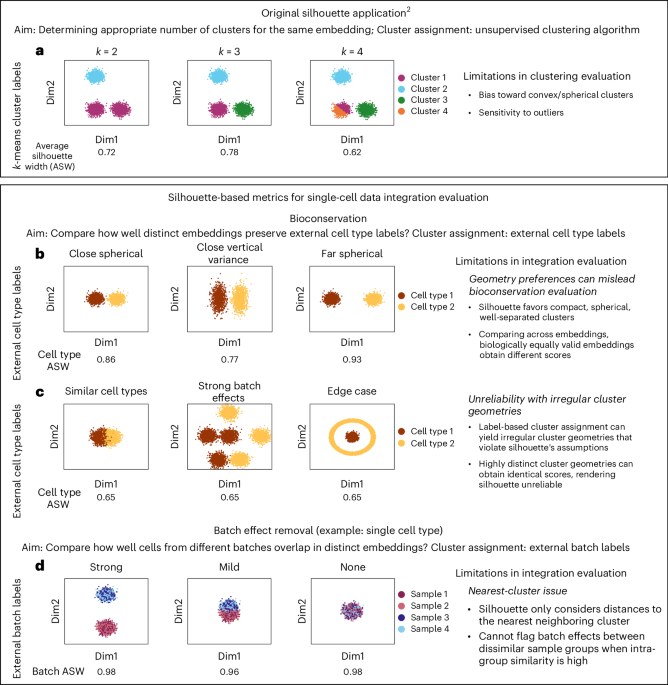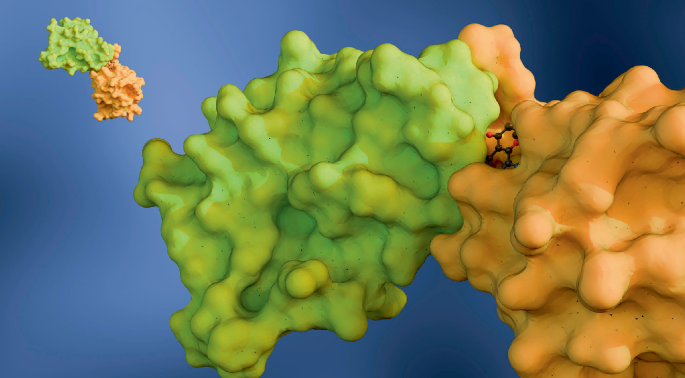Now Reading: Readers Share Their Views on February 2025 Issue
1
-
01
Readers Share Their Views on February 2025 Issue
Readers Share Their Views on February 2025 Issue

Speedy summary
- Orbital Debris: Expert Moriba Jah discusses innovative approaches to managing space junk, such as robotic “tugboats” adn specialized capturing mechanisms. Suggestions about deorbiting satellites into the sun are energy-intensive and pose risks like unintended collisions or debris concentration. Ther is increased focus on preventing accumulation of debris around bodies like the moon and Mars due to future potential human activity.
- Depiction in Science: The article reflects on Marie Curie’s neutral approach to hiring women in science, highlighting ongoing challenges in diversity, particularly underrepresentation of people of color. Studies show subconscious bias against resumes indicating minority status.
- Teen Brain Development: Mary Helen Immordino-Yang explores “transcendent thinking,” described as abstract thought enabling adolescents to process big-picture ideas. While causality between such thinking and brain development remains debated, preliminary studies suggest a predictive relationship.
- Miscellaneous Corrections: Scientific terms clarified regarding redefining time standards (BIPM full name) and missing exoplanets demographics being framed accurately.
Read More: Readers Respond to the February 2025 Issue
Indian Opinion Analysis
the topics discussed highlight vital implications for India across diverse areas of interest:
- Space Junk Management: With India’s active presence in space exploration-through ISRO missions-addressing orbital debris presents an emerging challenge as India’s satellite footprint increases. Collaborative international frameworks could both safeguard operational satellites and prevent disruptions to critical services reliant on them.
- Diversity in STEM Fields: Tackling unconscious biases remains essential for India’s STEM education ecosystem, where gender parity is improving yet representation among marginalized communities lags behind significantly.
- Adolescent Cognitive Development: Embedding reflective practices into India’s educational system could bolster long-term innovation capabilities by tapping into developmental stages crucial for abstract thought processing.
These reflections further underscore the importance of global scientific advancements aligning with local efforts toward sustainability, inclusivity, and education reform.
Stay Informed With the Latest & Most Important News
Previous Post
Next Post
Loading Next Post...



























